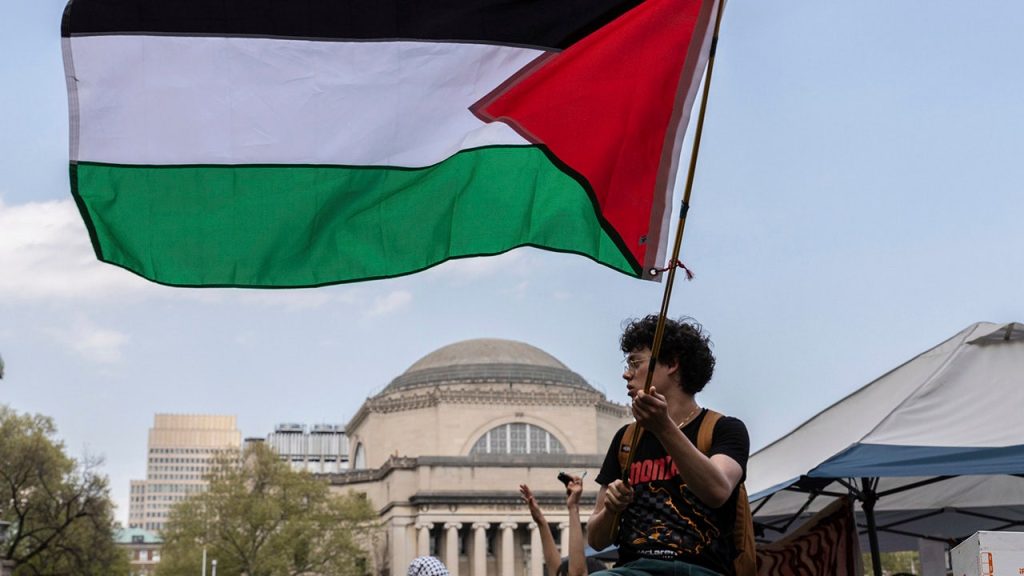Author and Jewish historian Rick Richman emphasizes that it is Israel, not Hamas, that is trying to prevent a genocidal operation in Gaza. He criticizes those who accuse Israel of committing genocide, stating that it is Hamas, an explicitly genocidal terrorist organization, that poses a threat to the Jewish people. Richman notes the misinformation and misguided passions fueling anti-Israel protests on college campuses, where young people and even faculty members are being misled about the historical context of the Israeli-Palestinian conflict.
Richman speaks out against the demonization of Zionism and the vilification of Israel that is prevalent in protests and rhetoric targeting the Jewish state. He explains that Zionism, like Americanism, is a movement characterized by noble ideals such as democracy, liberty, and freedom. Richman argues that Zionism is about liberation and the creation of a state for the Jewish people in their historical homeland. He highlights the close connection between Zionism and Judaism, rejecting attempts to separate the two concepts.
The rejection of the creation of an independent Palestinian state on multiple occasions, including during the partition proposed by the United Nations in 1947, sheds light on the complexities of the Israeli-Palestinian conflict. Richman argues that the tragedy lies in the missed opportunities for the Arabs to establish their own state, rather than in the establishment of Israel. He refutes claims of genocide against Palestinians, describing Israel’s actions as defensive measures against a genocidal attack by Hamas, which hides behind civilians and uses them as human shields.
Richman emphasizes the challenges faced by Israel in fighting against an enemy like Hamas, which refuses dialogue and seeks only the destruction of its enemies. He underscores the need for a deeper understanding of the realities and complexities of the Israeli-Palestinian conflict, urging for a more nuanced approach to discussions surrounding Zionism and Israel. Richman’s insights shed light on the historical context and political dynamics at play in the ongoing conflicts in the Middle East, challenging misconceptions and calling for a more nuanced and informed dialogue on these complex issues.
In conclusion, Richman’s reflections underscore the importance of understanding the historical context and complexities of the Israeli-Palestinian conflict. He highlights the need for a more informed and nuanced approach to discussions surrounding Zionism, Israel, and the challenges faced by both Israelis and Palestinians in the region. By challenging misconceptions and promoting a deeper understanding of the issues at hand, Richman contributes to a more informed and constructive dialogue on these complex and sensitive topics.













